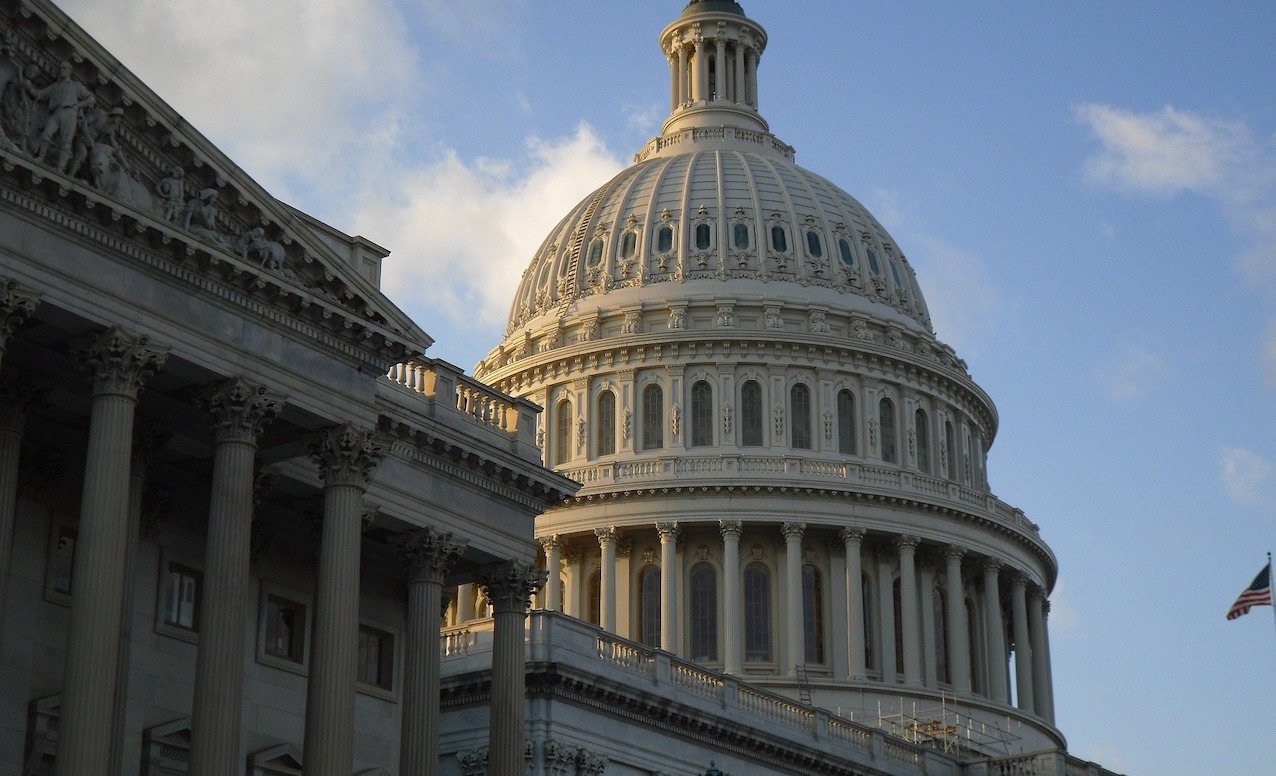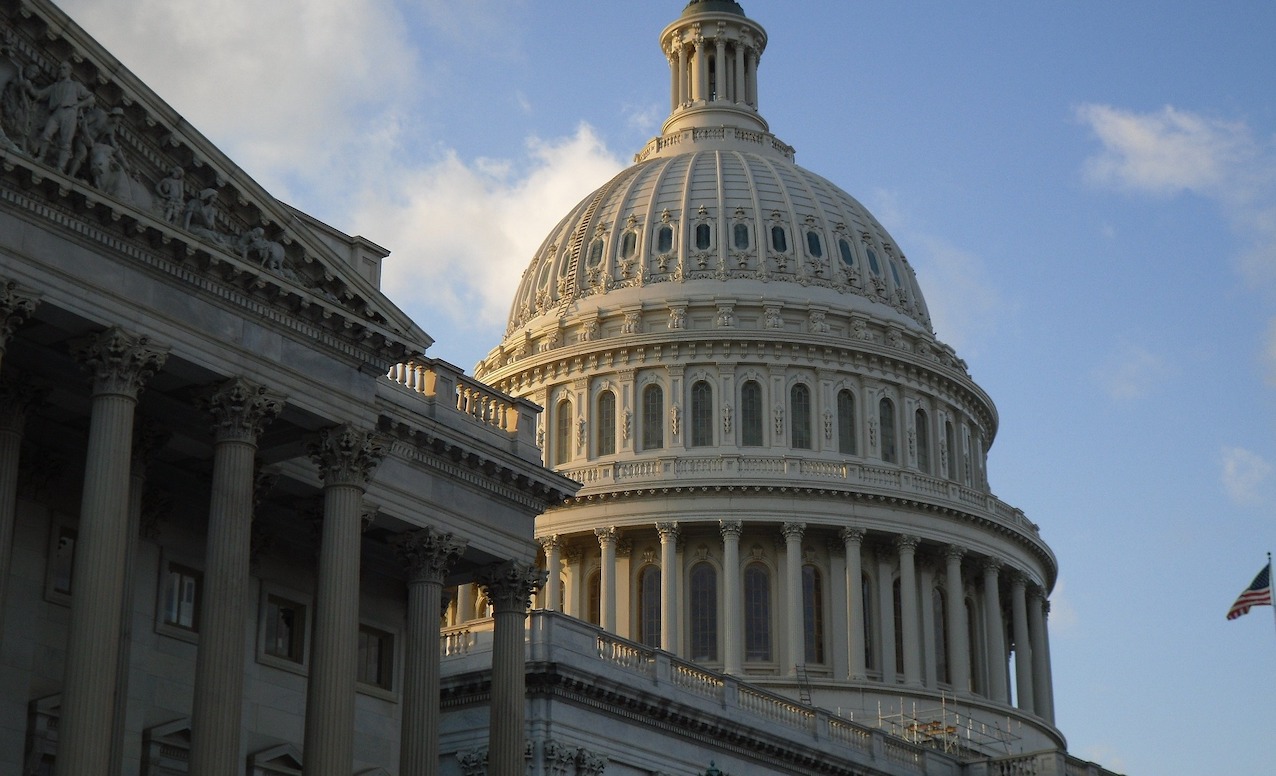Crypto Self-Regulatory Organization Plan Floated in US House Hearing

US lawmakers drifted the idea of regulating cryptocurrency through a self-regulatory organization putting both the Securities and Exchange Commission and the Commodity Futures Trading Commission in charge.
Rep. Stephen Lynch, D-Mass., asked former CFTC Chair Timothy Massad what measures would be necessary given talks that regulatory jurisdiction should be given to the CFTC.
“I would rather see a system where we forced the two agencies to work together, to work through an SRO, and that way the industry could basically have to pay for it,” Massad told Lynch on Wednesday at a joint House Agriculture and House Financial Services subcommittee hearing.
The House Financial Services’ Subcommittee on Digital Assets, Financial Technology and Inclusion and House Agriculture’s Subcommittee on Commodity Markets, Digital Assets and Rural Development held a rare joint hearing to discuss crypto regulation.
Many SROs are already in place including the Municipal Securities Rulemaking Board and the Financial Industry Regulatory Authority.
Those are overseen by federal agencies, such as the SEC, and also Congress.
Massad also said it can not be expected for either agency to tackle the crypto market in a “way that we need given the lack of investor protection.”
Michael Blaugrund, chief operating officer at the New York Stock Exchange also weighed in at the hearing.
“I would agree that finding a path forward in some respects renders moot the question of whether a token belongs on one side of a perimeter or the other seems like a sensible path.”
Categorizing which cryptocurrencies are securities or commodities has been a longstanding point of contention.
That distinction results in which agency — the SEC or CFTC — has jurisdiction.
The other side chimes in
House Agriculture Chair GT Thompson, R-Pa., also asked about the prospects of an SRO.
Matthew Kulkin, partner at Wilmer Cutler Pickering Hale and Dorr LLP, who was testifying, was a bit more hesitant about the idea.
“I worry that creating a new SRO from scratch would take time. I think about this in terms of incremental process and I don’t know that we need to recreate the wheel here.”
Self-regulatory organization layout
In his opening testimony, Massad said Congress could direct the SEC and CFTC to develop joint rules to protect investors and prevent fraud and manipulation among other principles.
“SROs have been critical to the regulation of our securities and derivatives markets for decades, and there is precedent for SROs registered with both the SEC and the CFTC. The SRO could also be charged with enforcing the rules.”
The costs of the SRO would be imposed on the industry through membership fees, Massad said.



